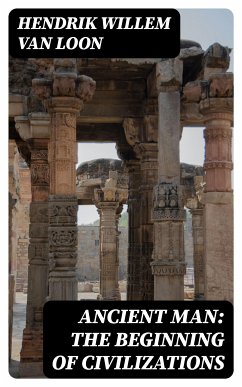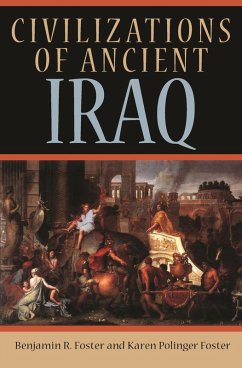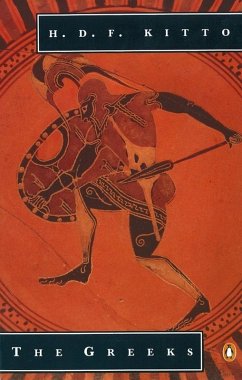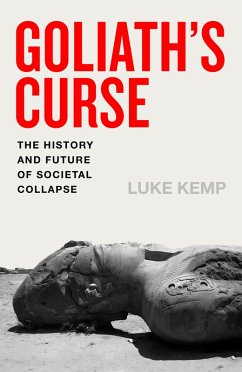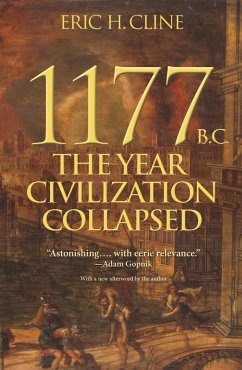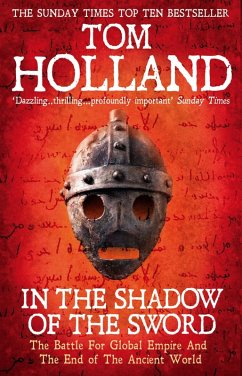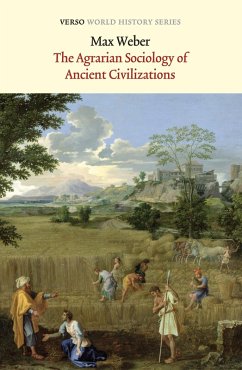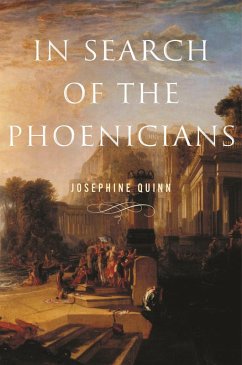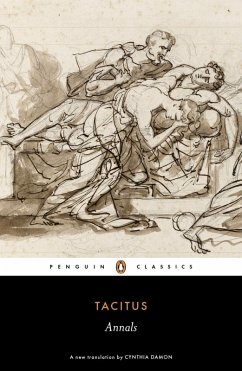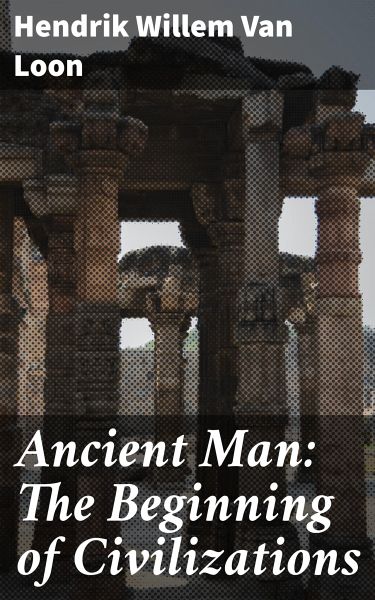
Ancient Man: The Beginning of Civilizations (eBook, ePUB)
Unveiling the Ancient Tapestry of Human Civilization
Versandkostenfrei!
Sofort per Download lieferbar
0,49 €
inkl. MwSt.
Weitere Ausgaben:

PAYBACK Punkte
0 °P sammeln!
In "Ancient Man: The Beginning of Civilizations," Hendrik Willem Van Loon embarks on an engaging journey through the dawn of humanity, artfully interweaving history, anthropology, and mythology. This work showcases Van Loon'Äôs renowned narrative style, combining scholarly rigor with emotional resonance, making ancient civilizations accessible and compelling to modern readers. Through detailed descriptions and vivid illustrations, he illuminates the complexities of human life from prehistoric times to the rise of the earliest societies, capturing the interplay between environment and human a...
In "Ancient Man: The Beginning of Civilizations," Hendrik Willem Van Loon embarks on an engaging journey through the dawn of humanity, artfully interweaving history, anthropology, and mythology. This work showcases Van Loon'Äôs renowned narrative style, combining scholarly rigor with emotional resonance, making ancient civilizations accessible and compelling to modern readers. Through detailed descriptions and vivid illustrations, he illuminates the complexities of human life from prehistoric times to the rise of the earliest societies, capturing the interplay between environment and human adaptation in a culturally rich tapestry. Hendrik Willem Van Loon, a Dutch-born historian, author, and illustrator, possessed a diverse educational background'Äîincluding art, history, and literature'Äîthat profoundly shaped his perspectives on civilization's evolution. His travels and experiences in various cultures fueled his passion for storytelling, as seen in "Ancient Man." His ability to transcend traditional historical narratives allows him to present a broader understanding of the human experience, reflecting his conviction that history is best understood through the lens of shared humanity. This book is a vital addition for anyone intrigued by the origins of civilization and the myriad ways ancient peoples shaped their world. Van Loon'Äôs engaging prose invites readers not only to learn but to feel a profound connection to the ancestors who laid the groundwork for our modern existence.
Dieser Download kann aus rechtlichen Gründen nur mit Rechnungsadresse in A, B, BG, CY, CZ, D, DK, EW, FIN, F, GR, H, IRL, I, LT, L, LR, M, NL, PL, P, R, S, SLO, SK ausgeliefert werden.




